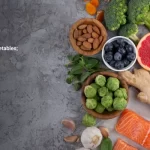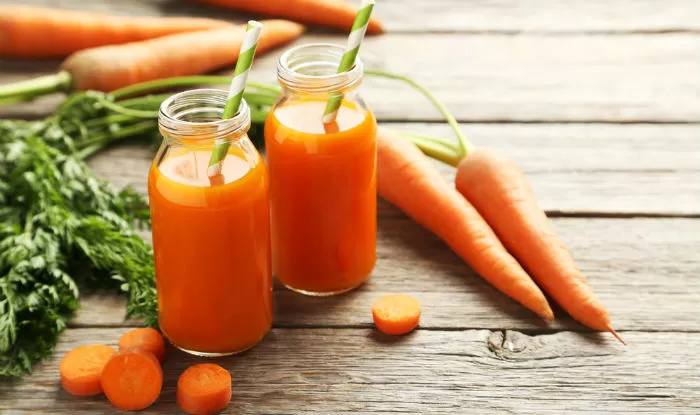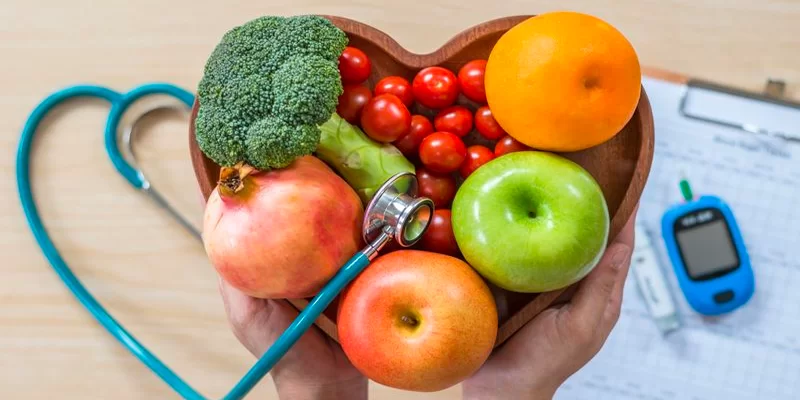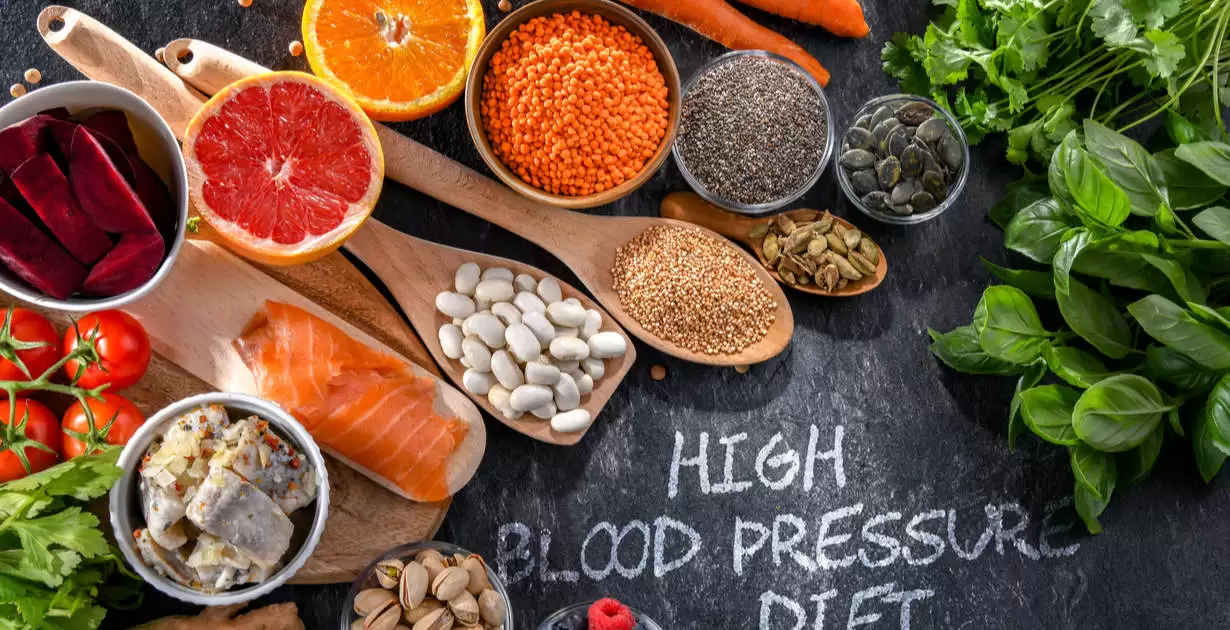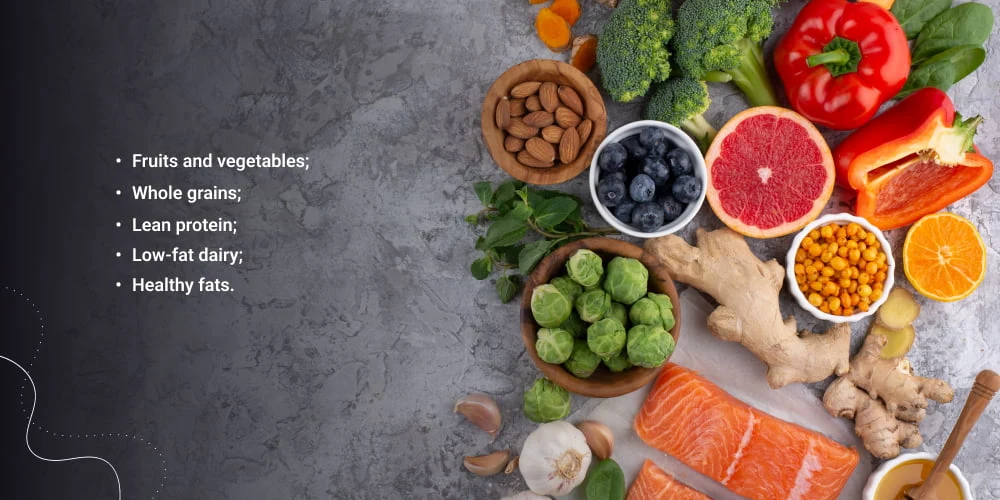Health Benefits of Vitamins in Carrots
Vitamins in carrots are quite enormous which makes them an alternative or a substitute to taking multivitamins. Carrots and alfalfa green are the food richest in provitamin A, making by them a great dietary medicine.
Carrots taste sweet and very low in calories and some of the vitamins in carrots are vitamins A, C, K and B vitamins. Before going into details of the vitamins in carrots, we have to take a look at this medicinal food considered mostly as a food for the eyes.
Other names:
French: Garotte
Spanish: Zanahoria
German: Mohrrübe
Carrot plant root (‘Daucus carota’ L.) is an herb in Umbelliferae family which reaches up to one (1) meter in height. Its color is orange; however there are other varieties in the color of yellow or purple.
Carrots are native to Southern Europe and also Near the East. Primary producing nations include China, France and the United States of America.
Properties of Carrots
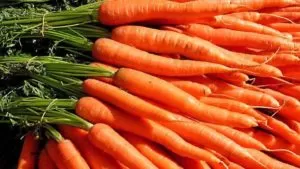
They contain a significant amount of proteins (1.03%) which seems half of those of potato. Its fat content is somewhat almost negligible (0.19%) while carbohydrates are up to 7.14%. As a matter of facts, among the vitamins in carrots are the B vitamins, vitamins C, E and K.
Other nutrients present are the trace elements including iron which is about 0.5 mg per 100 grams.
YOU MAY LIKE:Benefits of Eating Lettuce
Carrot Composition
Based on per 100 grams of carrots
Energy = 43.0 kcal = 181 kj
Carbohydrates = 7.14 g
Protein = 1.03 g
Fiber = 3.00 g
Vitamin A = 2,813 µg RE
Vitamin B1 = 0.097 mg
Vitamin B2 = 0.059 mg
Niacin = 1.11 mg NE
Vitamin B6 = 0.147 mg
Folate = 14.0 µg
Vitamin B12 = —-
Vitamin C = 9.30 mg
Vitamin E = 0.460 mg α-TE
Calcium = 27.0 mg
Phosphorus = 44.0 mg
Magnesium = 15.0 mg
Iron = 0.500 mg
Potassium = 323 mg
Zinc = 0.200 mg
Total Fat = 0.190 g
Saturated Fat = 0.030 g
Sodium = 35.0 mg
Cholesterol = ___
This is based on percentage (%) daily value provided by 100 grams of carrots, according to encyclopedia of foods and their healing power.
Carrot Percentage Composition
Fiber = 3.00%
Carbohydrates = 7.14%
Minerals = 0.870%
Fat = 0.190%
Protein = 1.03%
Water = 87.8%
Vitamins in carrots
As stated earlier, vitamins A, C, K and B vitamins are some of the vitamins in carrots. It is important to find out what we stand to gain from consuming carrots. Therefore, the following outline the benefits of these vitamins in carrots.
Vitamin A
According to livestrong.com, There is no vitamin A in carrots but they are a good source of beta-carotene. This carotene is an antioxidant carotenoid that can be converted to vitamin A by the body.
This sort of nutrient is very important to the immune system, health of the eye and even visual acuity.
The antioxidant carotenoid converted to vitamin A helps our eyes for adjustment in dimming light. Cooked carrots seem more concentrated source than raw and chopped ones; both with 530% and 430% of the recommended daily value respectively.
Vitamin C
Vitamin C is one of the vitamins in carrots that helps in tissues production which is advantageous to the vessels of the blood, teeth, bones, gum, skin and muscles. This vitamin helps the body’s immunity function well and also promotes iron absorption in grains, beans and certain plant-based foods.
Vitamin K
Carrots are quite high in vitamin K; however our body can produce this nutrient precisely in our gut through bacteria. We cannot say that the one manufactured in the gut is enough. In order to fight against deficiency, we need a significant amount of vitamin K.
Vitamins in carrots play important roles and just like vitamin K, it is believed to help in maintaining and building strong and healthy bones. It is also needed for blood to cloth.
SEE ALSO:Foods to Avoid for Heart Attack
B vitamins
The water-soluble vitamins or nutrients are mainly for facilitating the body convert proteins, fats and carbohydrates into energy. Vitamin B6 promotes the assembling of amino acids directly into proteins and then, thiamine gives support to the nerves and even proper functioning of the brain.
The best way to maximize Carrot’s benefits is to cook them and combined with small fat.
Three important substances in Carrots
These substances stand out in the carrots composition. They are:
- Vegetable Fiber
- Carotenoids
- Essential Oil
Vegetable fiber: The vegetable fibers contained in carrots are mostly in form of pectin. In essence, carrots contain 3% and the function of this substance is to help in regulating the movement of stool and also gets the intestinal mucosa soothed.
Carotenoids: As stated earlier, beta-carotene are transformed or converted to vitamin A. As one of the vitamins in carrots, they ensure proper working of the retina, for night vision in particular or where there is presence of low light.

Again, they help in maintaining the mucosa and the skin thereby keeping them in good condition.
Essential Oil: The essential oil from carrots help fight against intestinal parasites.
Furthermore, carrots are quite useful and also recommended in cases of diseases of the retina and the eyes generally. Other cases in which carrots are useful include:
- Gastritis
- Skin disorders
- Colitis
- Excess gastric acid
- Prevention of cancer.
Preparation and Use
- Carrots may be eaten raw, in salads grated or whole and also dressed with lemon juice. It helps children’s teeth.
- Juice: It is a beverage that’s delicious, refreshing and also nutritious. It goes well with lemon juice or apple juice.
- Cooked: When cooked with potatoes and other vegetables they taste sweeter. And they also retain the beta-carotene found in them even after cooking.

A graduate of Computer Science and Information Management Technology. Diploma – Caregiving, Certificates – Dementia and Diabetes Awareness and Management. A researcher, blogger, songwriter, singer and acoustic guitarist. Born in an environment where natural talents such as healing are imparted at our natural birth. This natural talents of healing is the result of our genetic inheritance and the training from family environment.



